Introduction
How Synthetic Intelligence is Transforming Healthcare – The healthcare industry is undergoing a massive transformation. While traditional artificial intelligence (AI) has already improved diagnostics, drug discovery, and patient management, a new player has entered the scene: synthetic intelligence.
Unlike AI, which focuses on mimicking human reasoning, synthetic artificial intelligence creates entirely new forms of intelligence that evolve independently. In healthcare, this shift opens possibilities that were once thought impossible.
In this blog, we’ll explore how synthetic intelligence and synthetic biological intelligence are revolutionizing medicine and shaping the future of healthcare.
For more in-depth resources, check out synthetic intelligence.
What is Synthetic Intelligence in Healthcare?
Synthetic intelligence in healthcare refers to using advanced systems—often blending biology and computation—to solve complex medical challenges. Unlike AI, which works with training data, syntheticAI can adapt, evolve, and even design new solutions on its own.
This means it can:
- Discover new drugs.
- Personalize treatments.
- Create adaptive diagnostic systems.
Synthetic Intelligence vs Traditional Healthcare Systems
| Feature | Traditional Healthcare | With Synthetic Intelligence |
|---|---|---|
| Diagnosis | Based on tests & doctor’s experience | Adaptive systems with predictive analysis |
| Treatment | One-size-fits-all | Personalized to patient biology |
| Drug Discovery | Long, expensive process | Accelerated by syntheticAI |
| Monitoring | Manual tracking | Real-time smart biosensors |
Applications of Synthetic Intelligence in Healthcare
1. Personalized Medicine
Synthetic biological intelligence allows treatments to be tailored to individual DNA and health data. For example, cancer patients could receive therapies that adapt in real time to tumor mutations.
2. Drug Discovery
With synthetic artificial intelligence, pharmaceutical companies can simulate billions of chemical combinations in weeks instead of years. This dramatically reduces costs and brings lifesaving drugs to patients faster.
3. Smart Diagnostics
SyntheticAI can analyze biological signals and medical imaging in ways beyond human capacity. Systems could evolve to detect rare diseases that doctors might miss.
4. Biological Computing for Medicine
Using synthetic biological intelligence, researchers are building DNA-based computers that process biological data directly inside cells, opening the door to “living medicine.”
5. Remote Patient Care
Wearables and biosensors powered by synthetic intelligence can track patient health in real time, predicting issues before they become critical.
Real-World Case Studies
- Cancer Research: Scientists are using syntheticAI to develop therapies that adapt to cancer cells as they mutate.
- Neuroscience: Synthetic biological intelligence is helping to simulate brain activity for better treatments of neurological disorders.
- Genetics: Genetic editing tools, powered by synthetic artificial intelligence, allow researchers to design precision therapies.
Benefits of Synthetic Intelligence in Healthcare
- Faster drug development – From decades to months.
- Reduced costs – Cheaper therapies with faster production.
- Higher accuracy – Diagnostics that adapt and evolve.
- Better patient outcomes – Personalized treatment pathways.
Challenges & Ethical Concerns
While synthetic intelligence offers enormous promise, it raises important questions:
- Safety – How do we ensure medical AI doesn’t evolve harmful strategies?
- Privacy – How should patient DNA and biological data be secured?
- Ethics – Who decides how far synthetic biological intelligence should integrate with humans?
These issues require strong regulation and global collaboration.
The Future of Healthcare with Synthetic Intelligence
The next decade will see hospitals and clinics adopt syntheticAI in:
- Real-time monitoring systems.
- Genetic-based personalized care.
- AI-driven robotic surgeries.
- Intelligent drug design labs.
Just as antibiotics revolutionized medicine in the 20th century, synthetic artificial intelligence may define the 21st century of healthcare.
Conclusion
Healthcare is entering a new era where synthetic intelligence will save lives, reduce costs, and personalize treatment like never before. By combining syntheticAI and synthetic biological intelligence, medicine will no longer just treat disease—it will predict, adapt, and evolve alongside human biology.
Stay updated with the latest developments at synthetic intelligence.
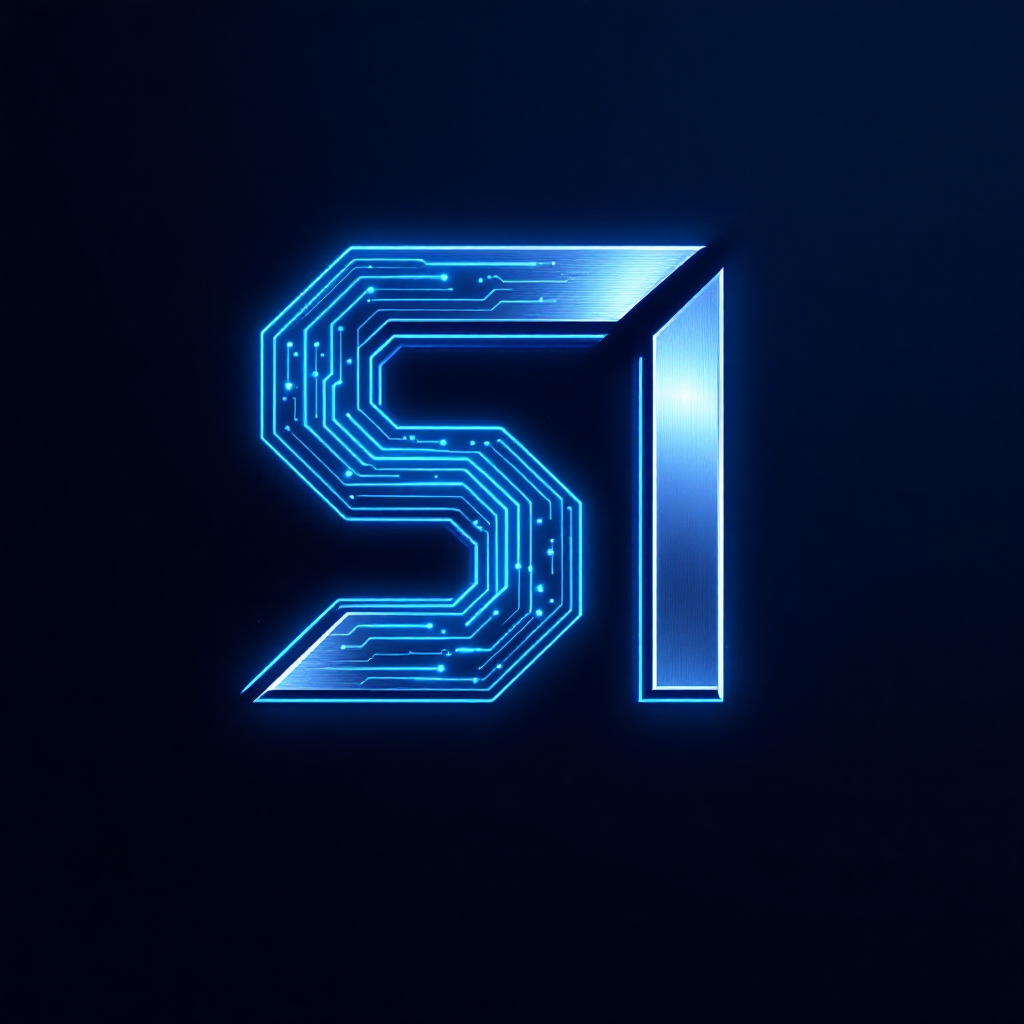





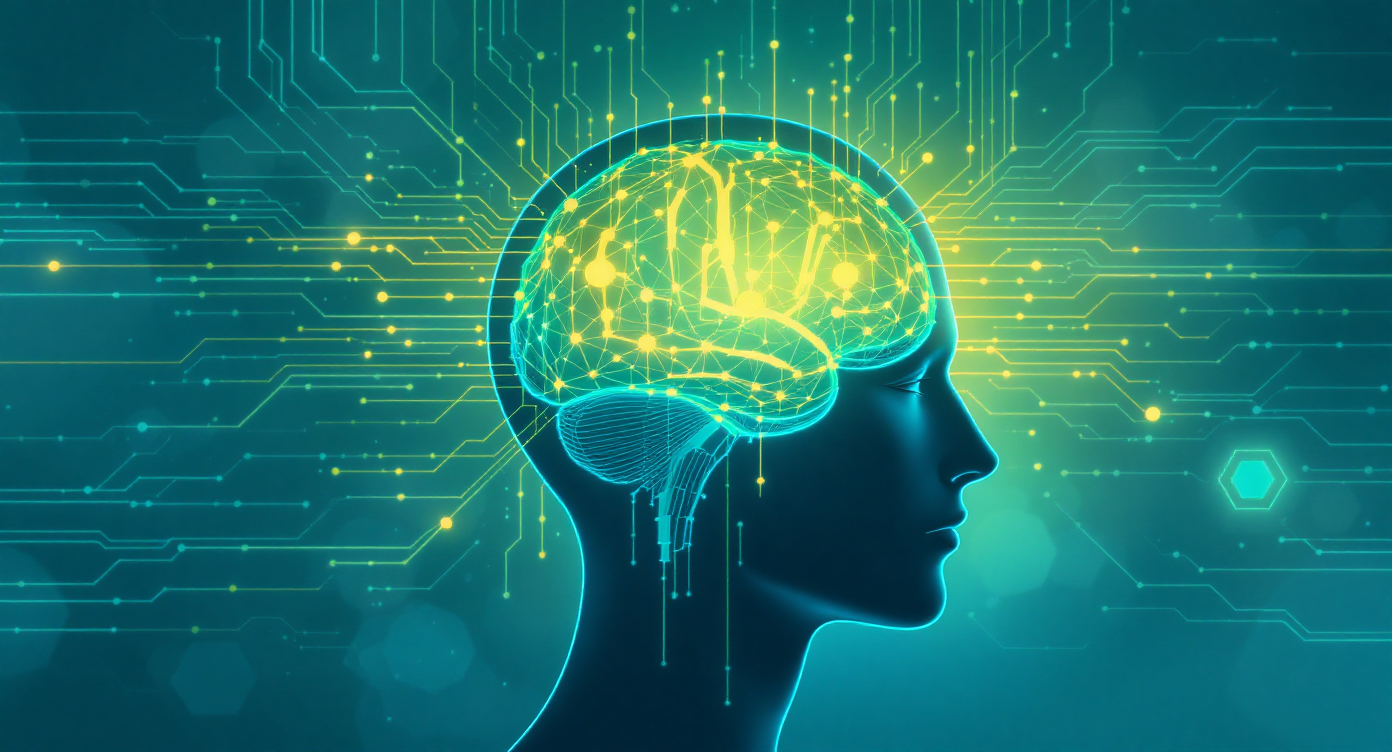
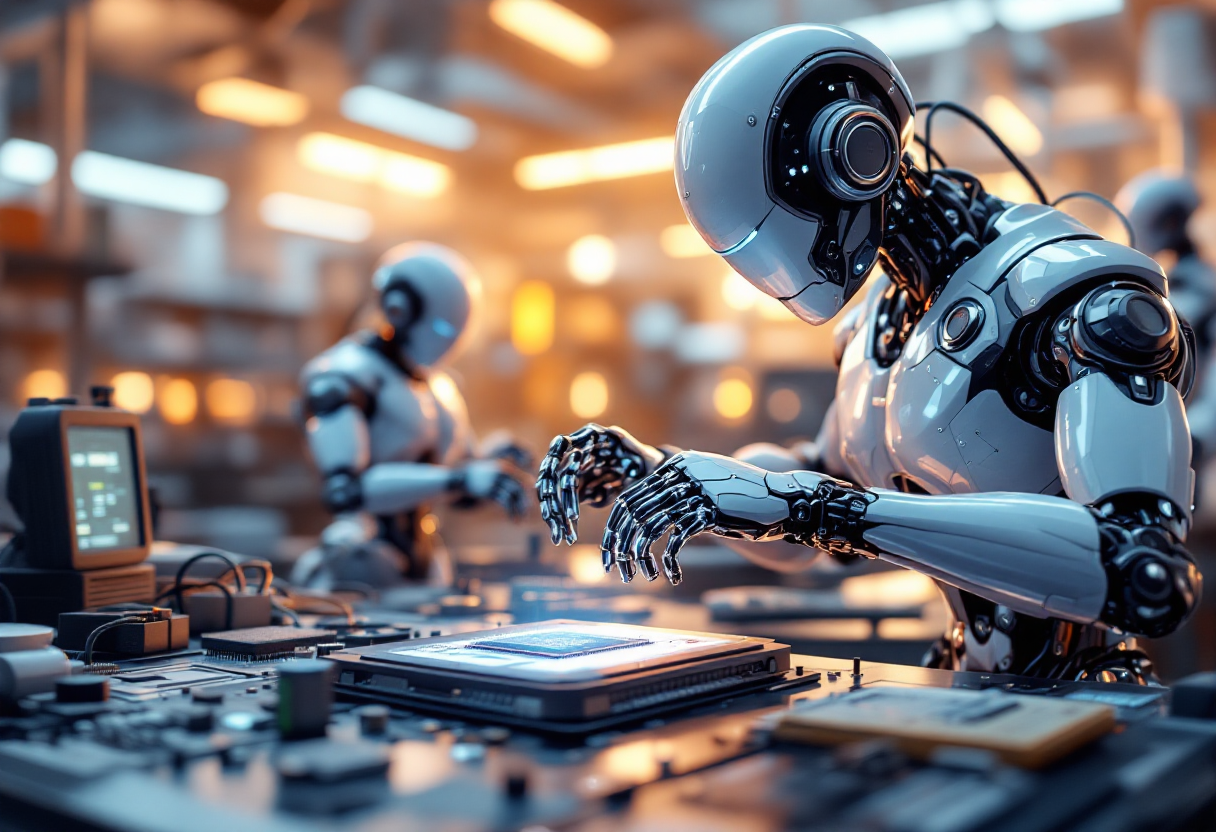
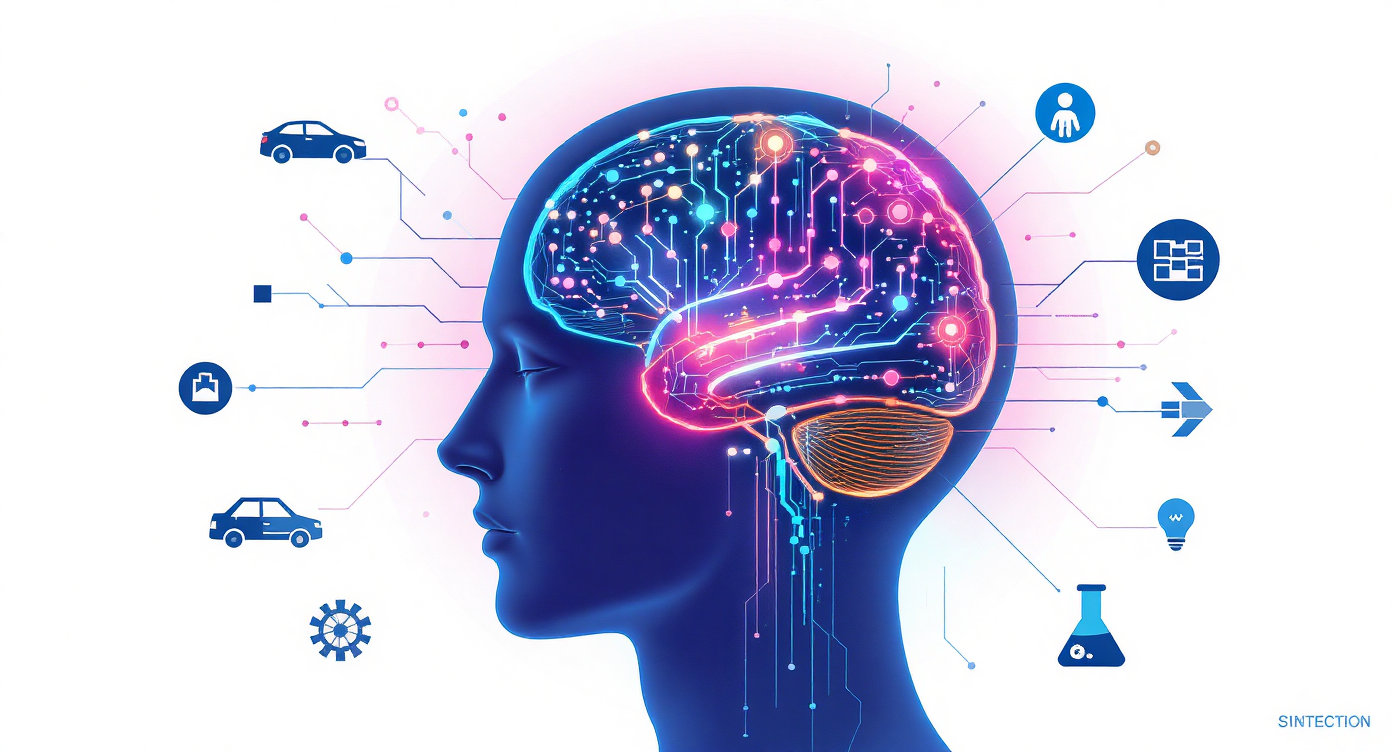
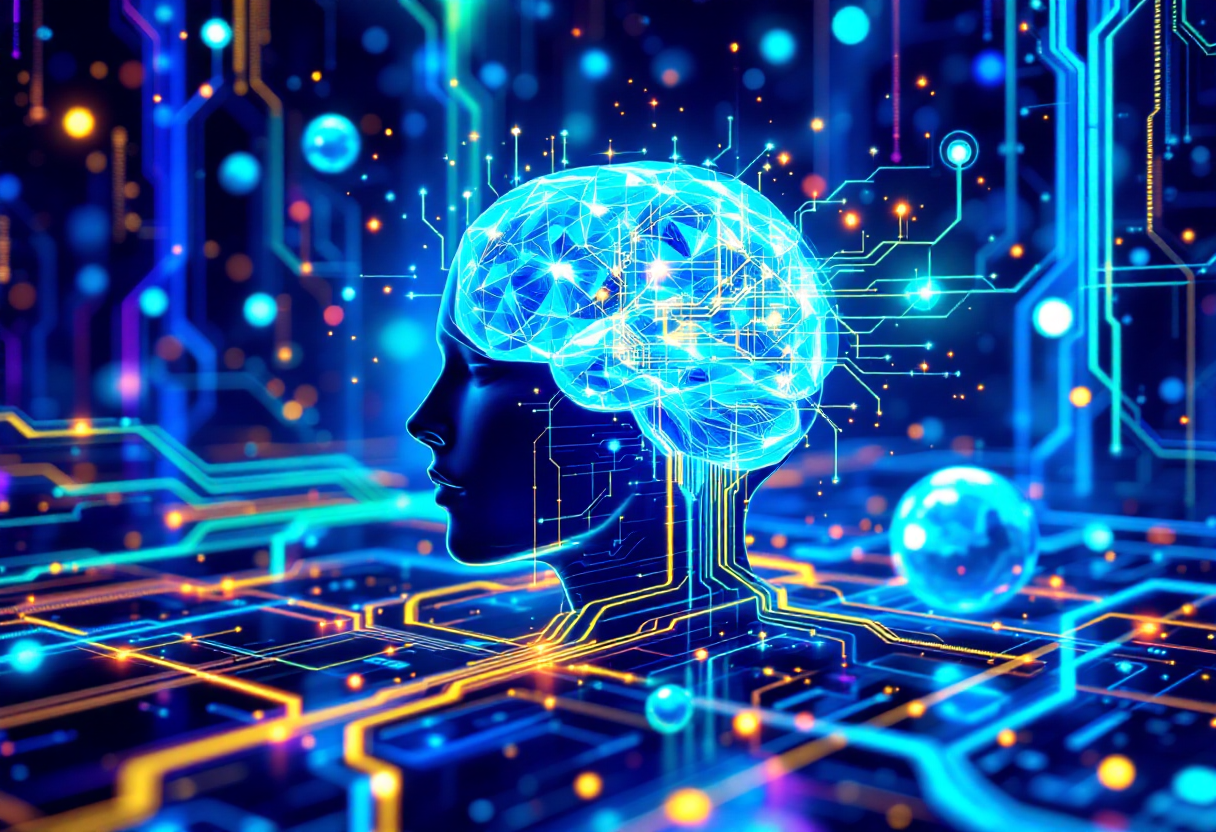
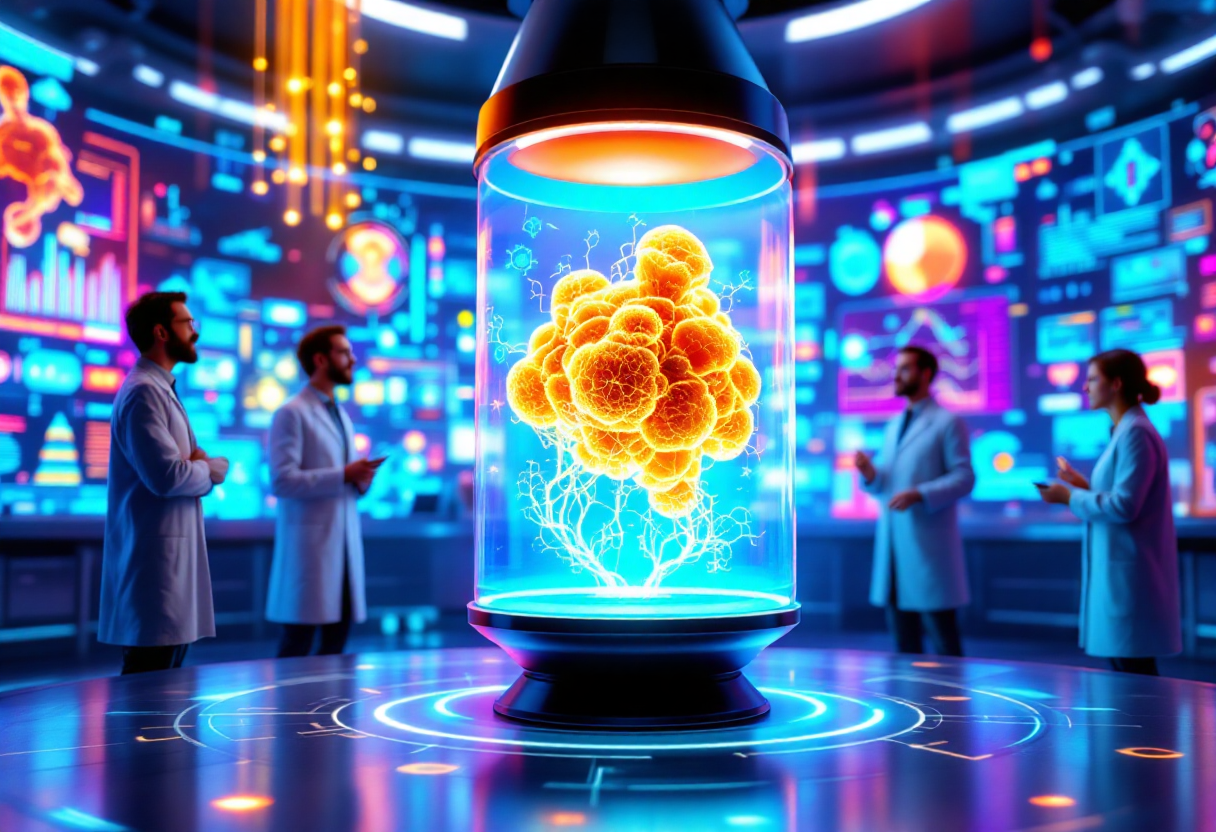
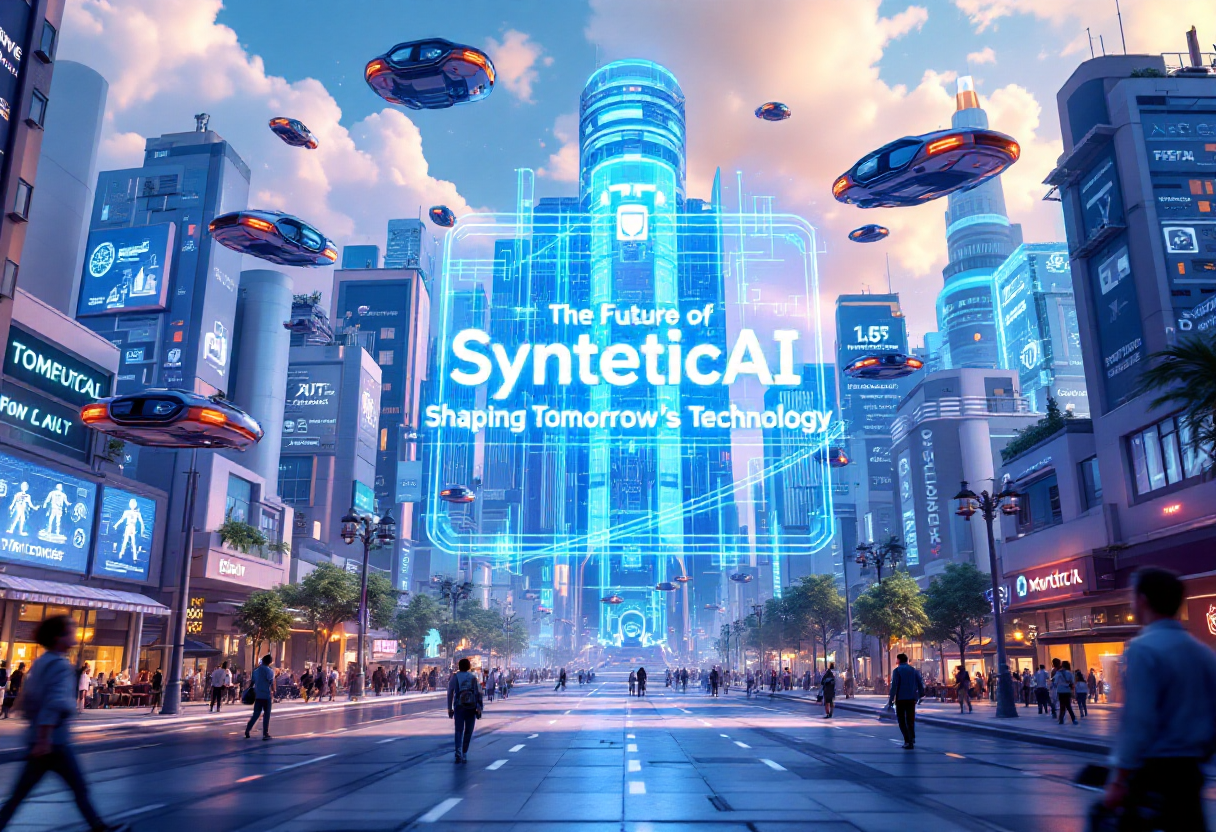
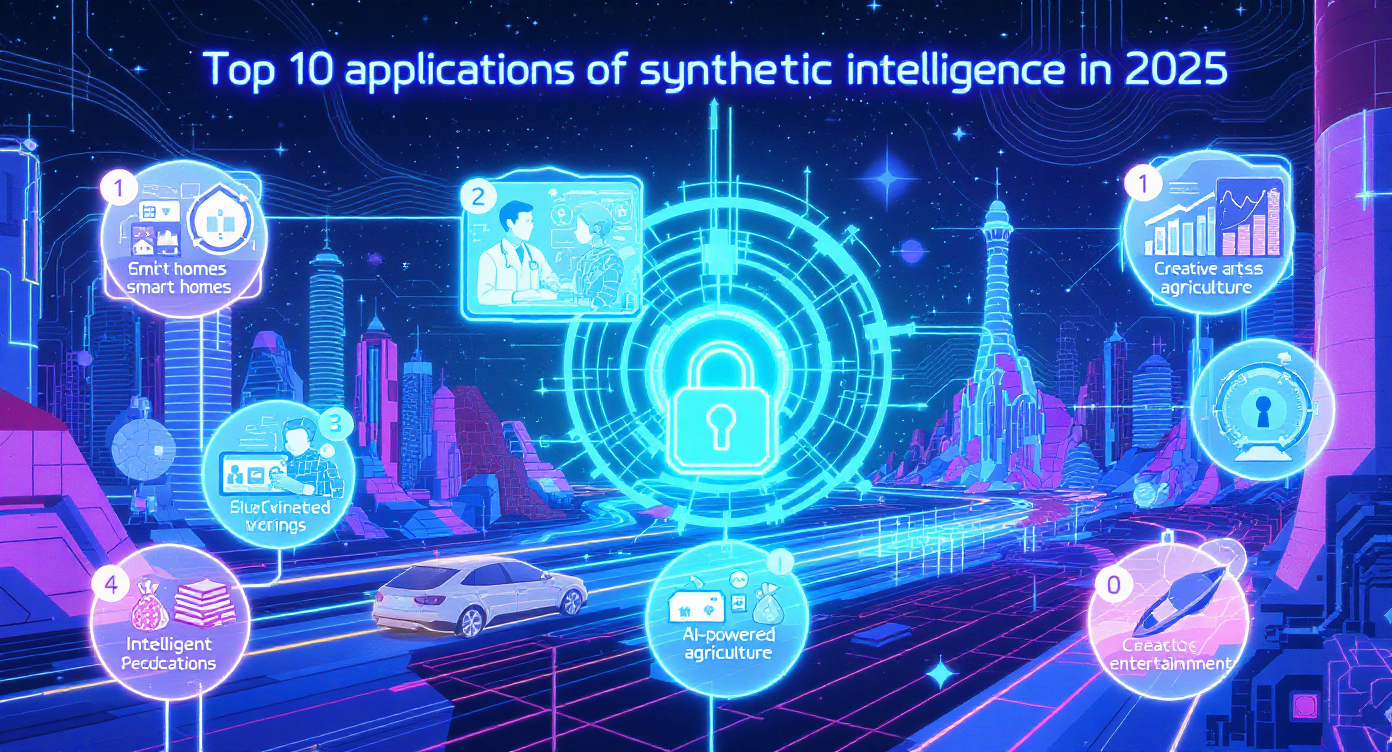
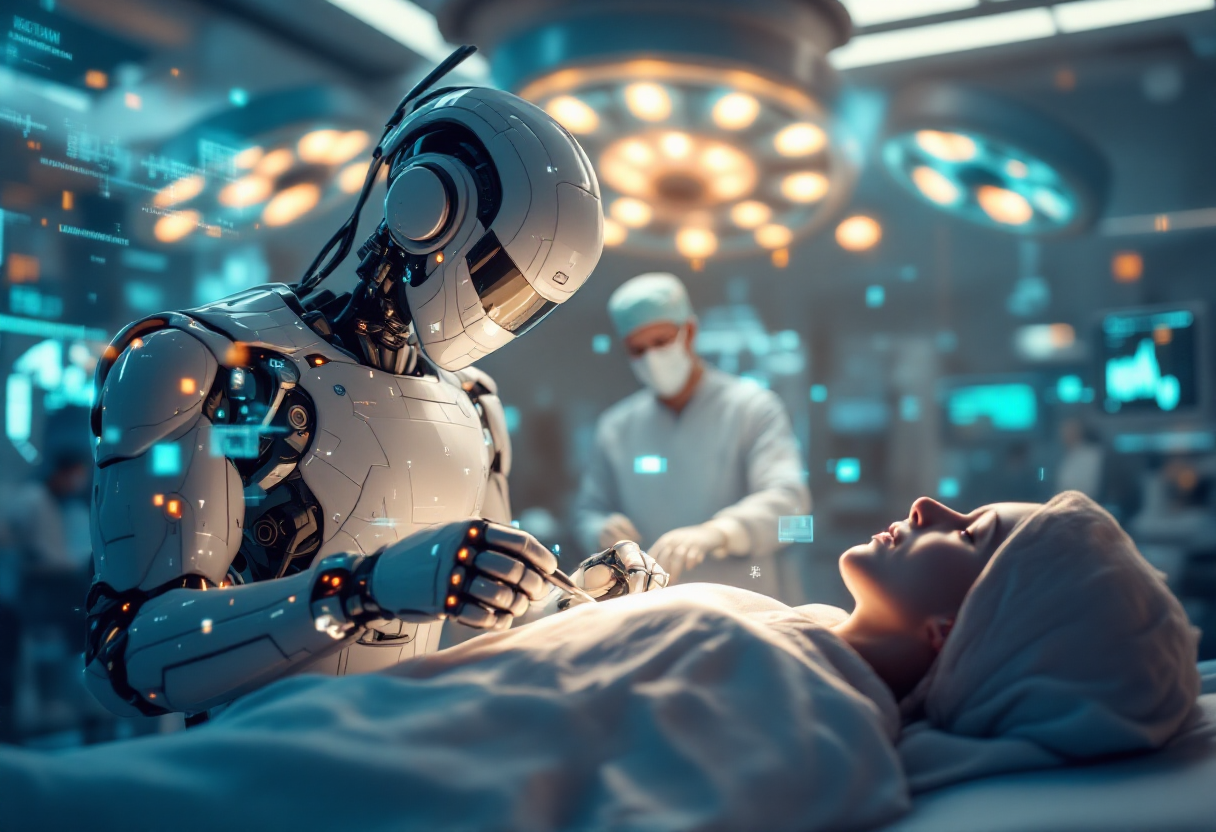
Leave a Reply